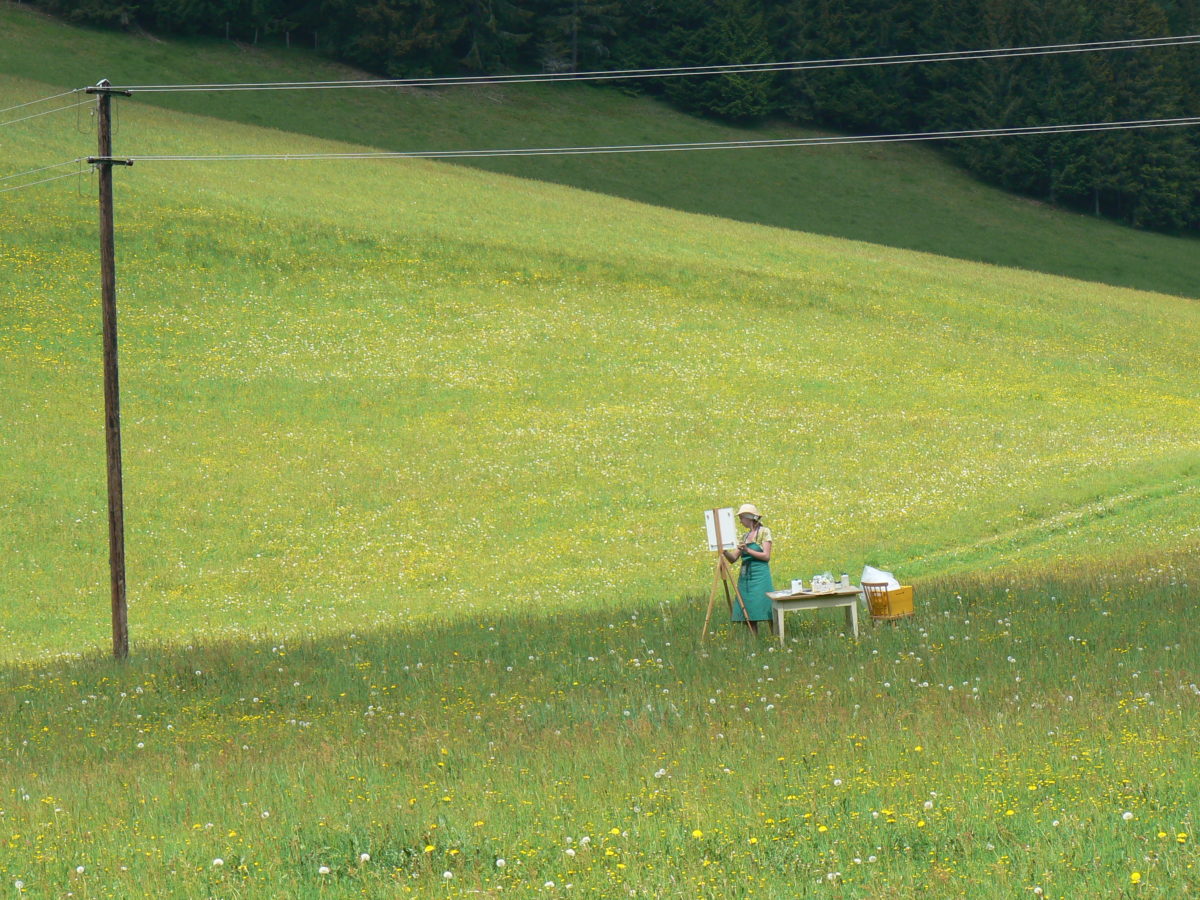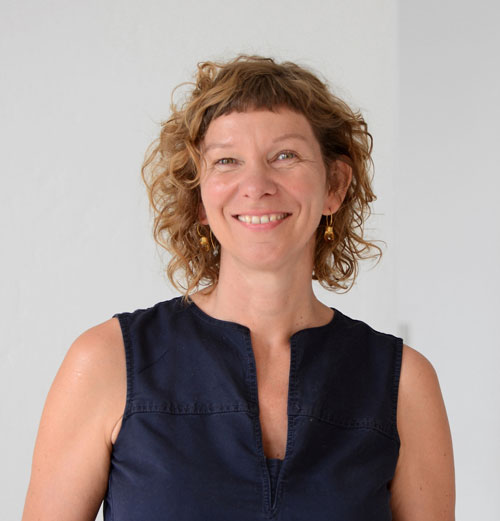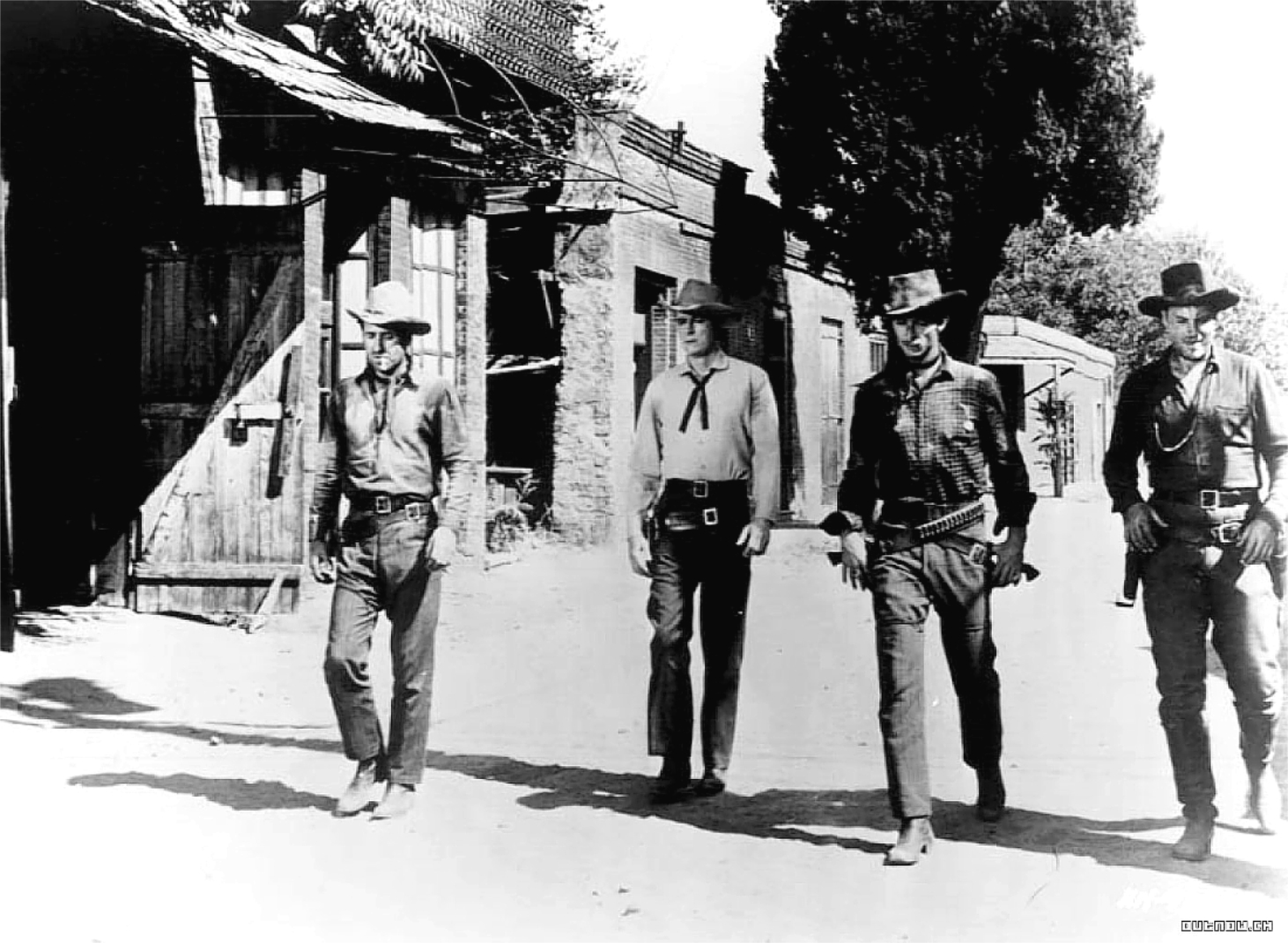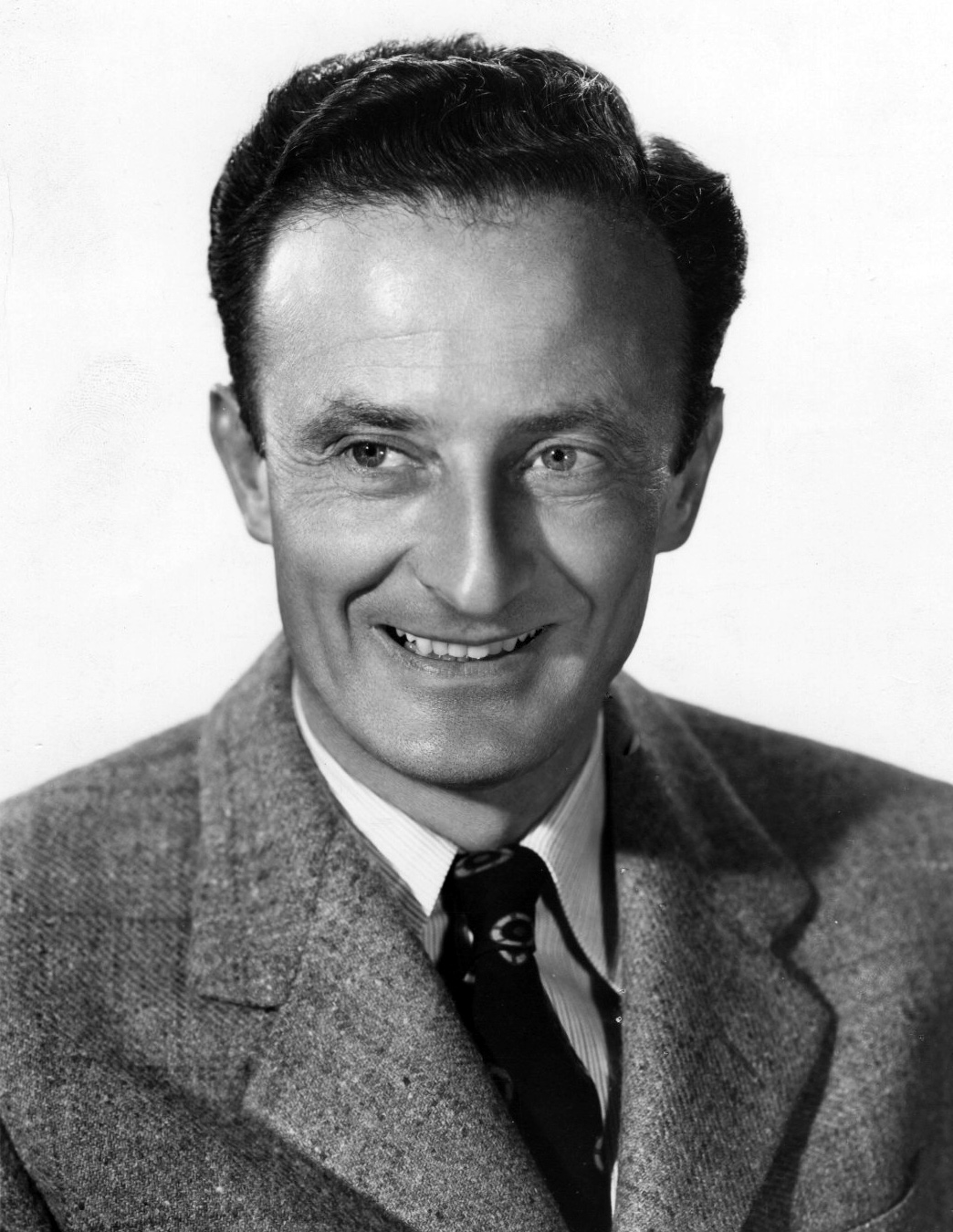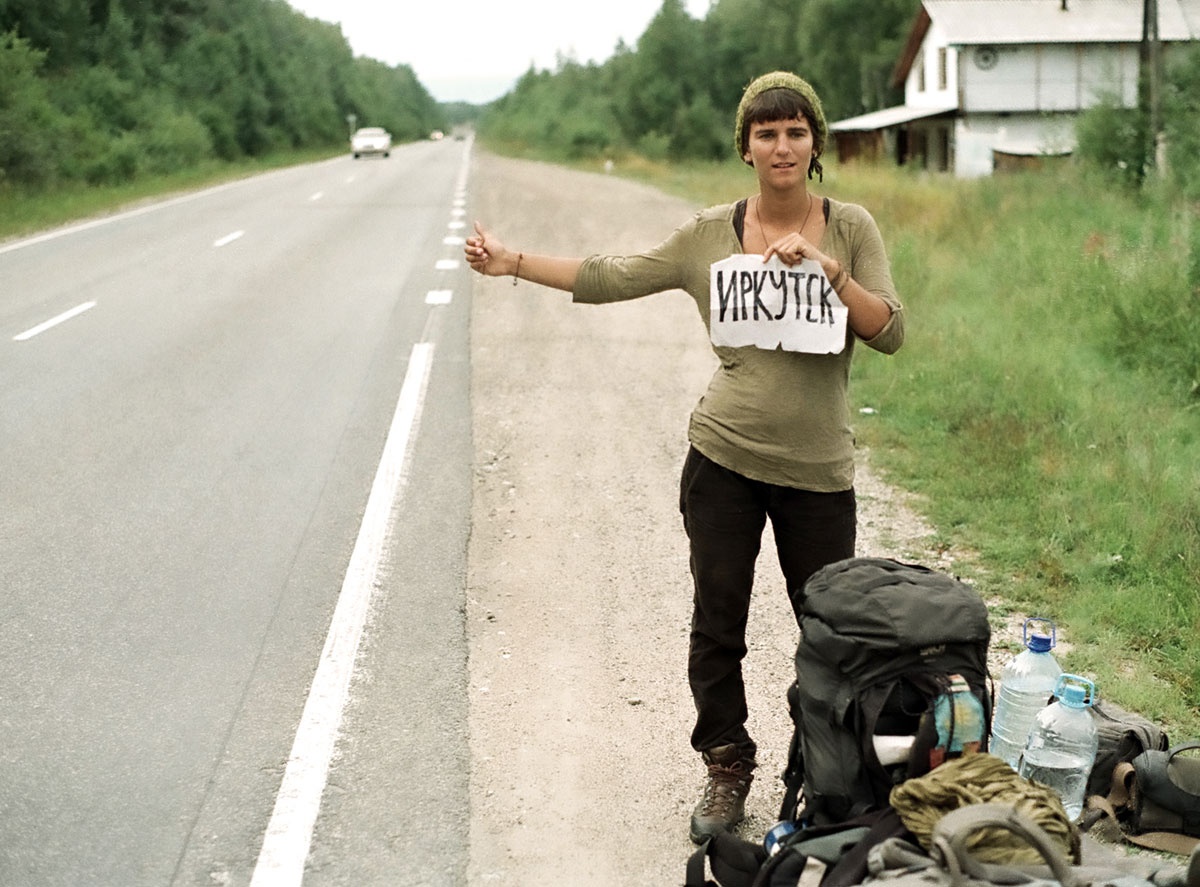New films from the archive ‘I love being a farmer and I always will’ by Antje Schiffers. She offers the farmers to paint their farms. ’My aunt had such a picture. I was told it was painted after the war, when only farmers had enough to eat, and so were interesting business partners for painters.’ As an equivalent for the painting, she asks the farmers to film and comment on their farms and their work.
AGRICULTURAL COOPERATIVE SCHIFFMÜHLE 2018 15 min
ULRICH AND JENNIFER VÖSSING, NEURANFT 2018 17 min
More films by the choice of the audience, with an international schnapps bar
Antje has conducted this kind of exchange since 2000, mostly in collaboration with Thomas Sprenger. Her archive comprises more than 30 films, shot in England and Wales, the Netherlands and Switzerland, Romania, Macedonia and Austria, Spain, South Africa, Hungary and Germany. Her latest film has been produced in collaboration with Jens Petermann, Skadi Petermann und Florian Krafft from Dannenberg and is going to premiere at the Filmfest Eberswalde.
For about one week, she usually stands in the middle of the farmyard with her easel like a 19th-century plein-air painter. The farmers capture the things they always do on film, impersonating no one but themselves. When Henk Waterink had forgotten to film his cows on their way back to the stable in the afternoon, he had to drive them back to the pasture and back in again. The Antonesi family, making hay and serving refreshments on the grass, wore traditional costumes when they started shooting, the kind you can see on Romanian folklore TV. Ria Redder asked her cameramen to be more creative and include the laundry, the swallows and the clogs on her doorstep. Josef Kreitmayer left everybody in the dark about whether he was a bachelor until the end of the film. A Welsh production was based on music, mostly men’s choirs. A Hungarian film gives a comprehensive account of the hardnesses faced by water melon growers. In Basque country, the Isusi brothers drive their sheep along a busy road, visibly amused about how everybody has to wait to let the animals pass.
Antje has conducted this kind of exchange since 2000, mostly in collaboration with Thomas Sprenger. Her archive comprises more than 30 films, shot in England and Wales, the Netherlands and Switzerland, Romania, Macedonia and Austria, Spain, South Africa, Hungary and Germany. Her latest film has been produced in collaboration with Jens Petermann, Skadi Petermann und Florian Krafft from Dannenberg and is going to premiere at the Filmfest Eberswalde.
For about one week, she usually stands in the middle of the farmyard with her easel like a 19th-century plein-air painter. The farmers capture the things they always do on film, impersonating no one but themselves. When Henk Waterink had forgotten to film his cows on their way back to the stable in the afternoon, he had to drive them back to the pasture and back in again. The Antonesi family, making hay and serving refreshments on the grass, wore traditional costumes when they started shooting, the kind you can see on Romanian folklore TV. Ria Redder asked her cameramen to be more creative and include the laundry, the swallows and the clogs on her doorstep. Josef Kreitmayer left everybody in the dark about whether he was a bachelor until the end of the film. A Welsh production was based on music, mostly men’s choirs. A Hungarian film gives a comprehensive account of the hardnesses faced by water melon growers. In Basque country, the Isusi brothers drive their sheep along a busy road, visibly amused about how everybody has to wait to let the animals pass.



